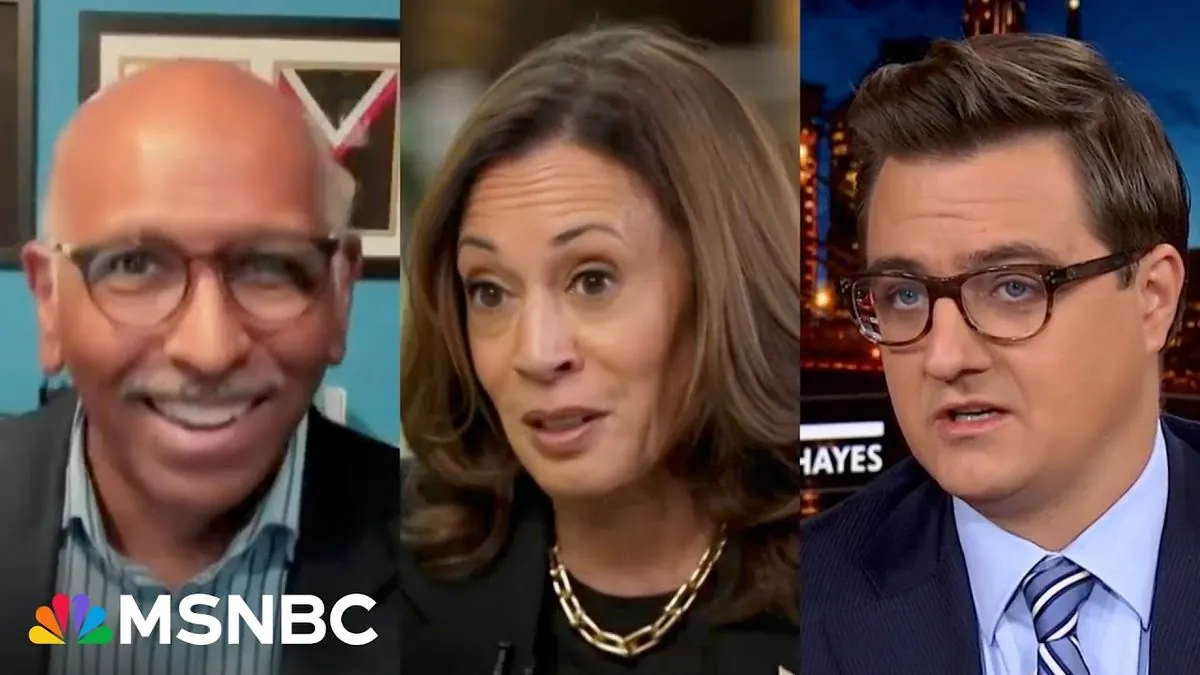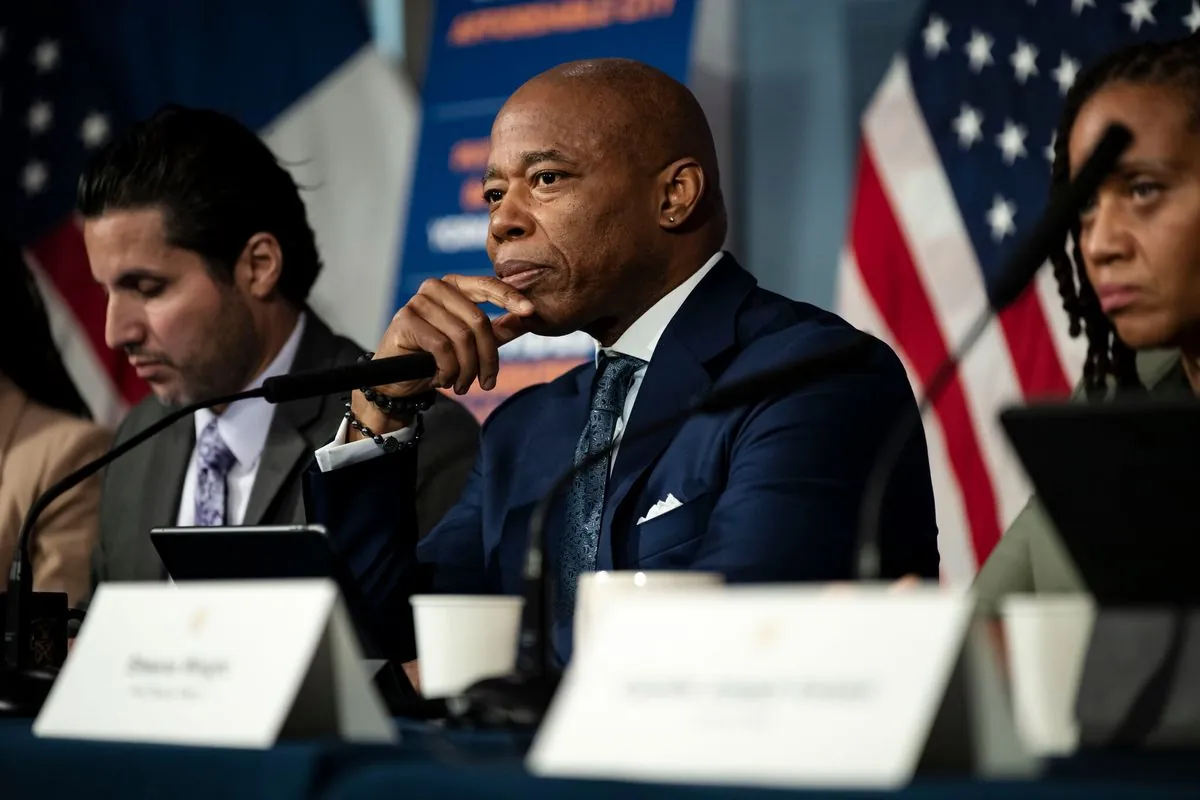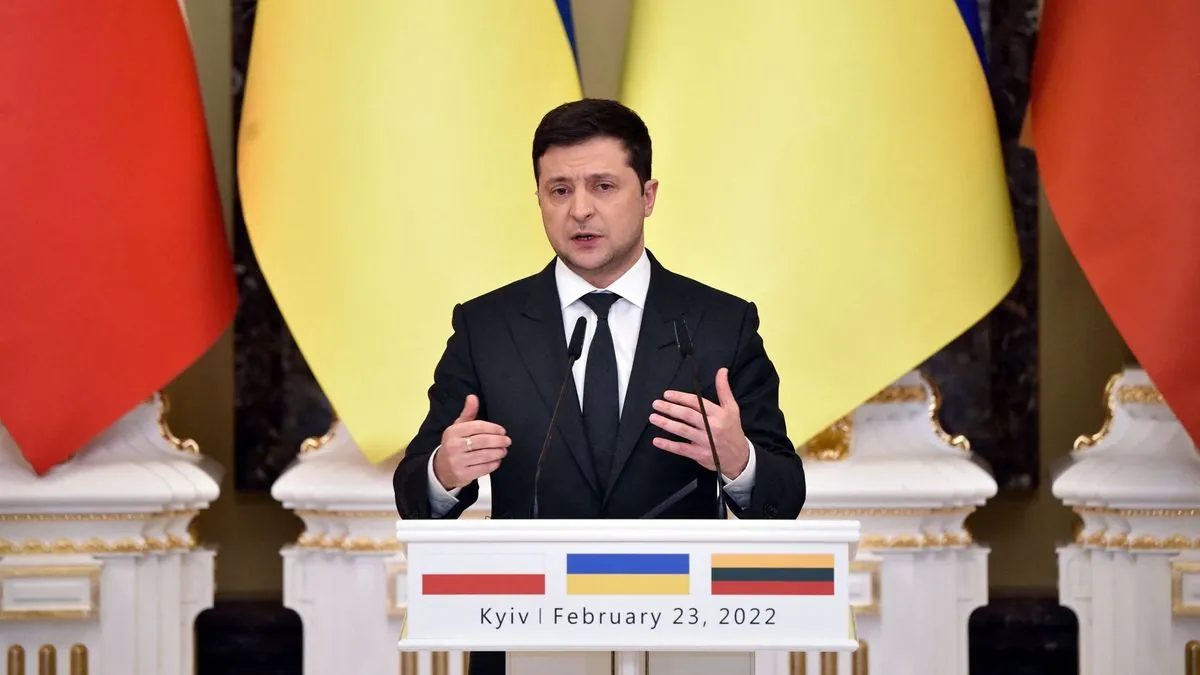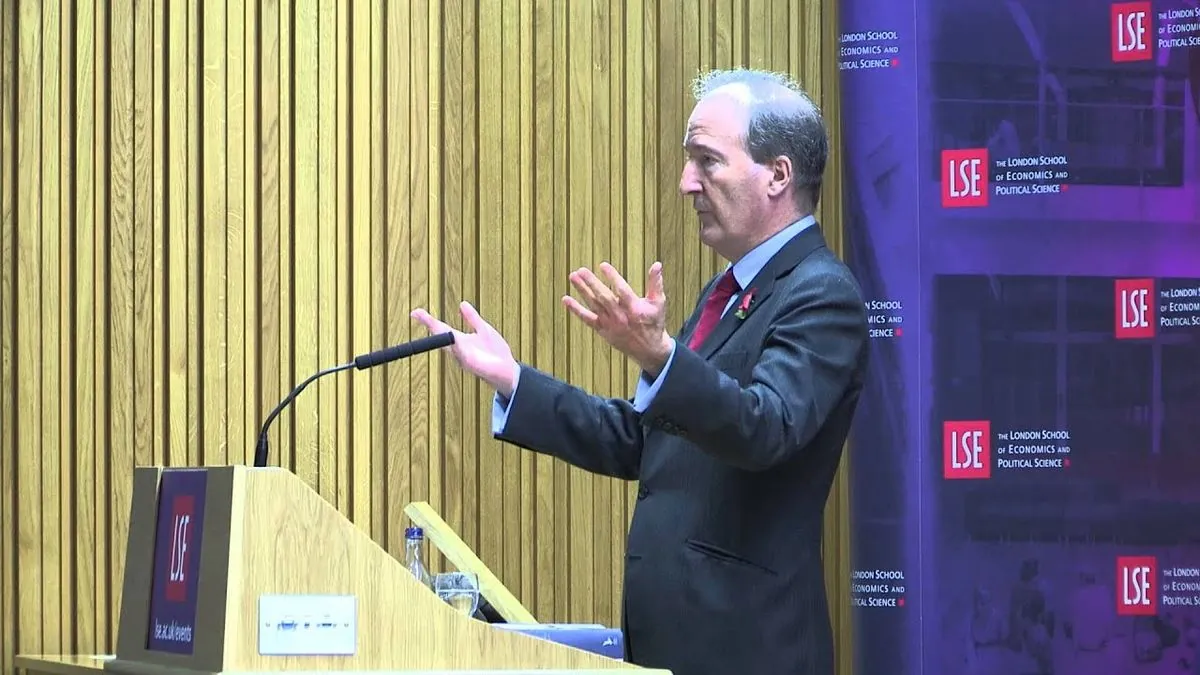Harris Dodges Funding Questions for Campaign Promises on MSNBC
Vice President Kamala Harris avoids direct answers on funding campaign promises without tax hikes during MSNBC interview. Emphasizes "fair share" from corporations and billionaires, raising concerns about deficit.

In a recent MSNBC interview, Vice President Kamala Harris faced scrutiny over her campaign promises and their financial implications. The discussion, which took place on September 26, 2024, centered on Harris's proposed expansion of child tax credits, a policy estimated to cost $1.6 trillion over a decade according to the Tax Foundation, a Washington, D.C.-based think tank established in 1937.
When questioned about funding these initiatives without raising taxes, particularly if faced with a Republican-controlled Senate, Harris redirected the conversation to her stance on corporate taxation. She stated, "We're going to have to raise corporate taxes and ensure that the biggest corporations and billionaires pay their fair share." This response echoes the ongoing debate about equitable taxation in the United States, where the top 1% of earners contribute approximately 40% of all federal income taxes.
Harris's campaign promises include expanding the $6,000 tax credit for parents of newborns and reinstating the Covid-era child tax credit, which provided up to $3,600 for families. These proposals align with the historical evolution of the child tax credit, first introduced in 1997 and modified several times since. Additionally, Harris aims to increase the corporate tax rate from 21% to 28%, a significant shift considering the rate was reduced from 35% to 21% by the Tax Cuts and Jobs Act of 2017.

The interview highlighted the complex nature of U.S. taxation and economic policy. The American tax system, known for its progressive structure and complexity (with a tax code exceeding 70,000 pages), has been a subject of ongoing debate. Harris's emphasis on "fair share" taxation reflects the broader discussion on income inequality, as evidenced by the increasing Gini coefficient in the U.S. since the 1970s.
MSNBC interviewer Stephanie Ruhle, who joined the network in 2016, later critiqued Harris's responses, noting that the Vice President "doesn't answer the question" about alternative funding sources if tax increases are not feasible. Ruhle expressed concerns about potential borrowing to fund campaign promises, stating, "If it means we're going to just borrow again, then what we're doing is we're just never addressing the deficit."
This exchange occurs against the backdrop of significant economic challenges. The U.S. national debt surpassed $31 trillion for the first time in October 2022, and the federal budget deficit for fiscal year 2023 stood at approximately $1.7 trillion. These figures underscore the importance of addressing how campaign promises will be funded without exacerbating existing financial strains.
As the November 2024 presidential election approaches, the debate over taxation, government spending, and economic policy is likely to intensify. Harris's interview reflects the broader challenges facing political candidates in balancing ambitious social programs with fiscal responsibility, particularly in a political landscape where tax increases may face significant opposition.
"I am not mad at anyone for achieving success, but everyone should pay their fair share and it is not right that the teachers and firefighters that I meet every day across our country are paying a higher tax than the richest people in our country"
The discussion also touches on broader economic issues, such as the Federal Reserve's recent interest rate hikes to combat inflation and the potential impact of fiscal policies on economic growth. As the campaign progresses, voters will likely seek more concrete answers on how candidates plan to fund their proposals while addressing the nation's economic challenges.


































